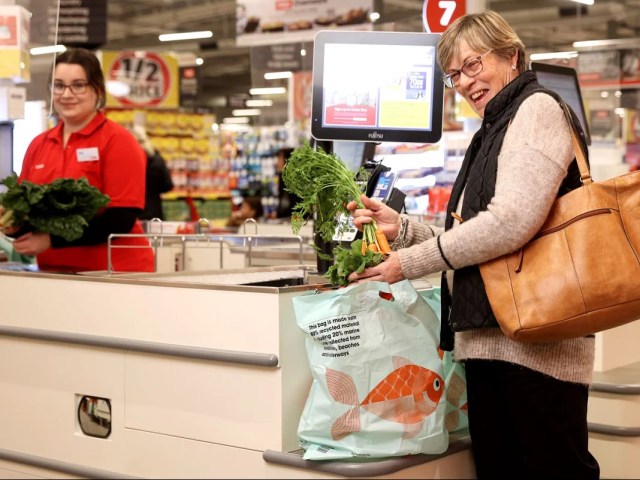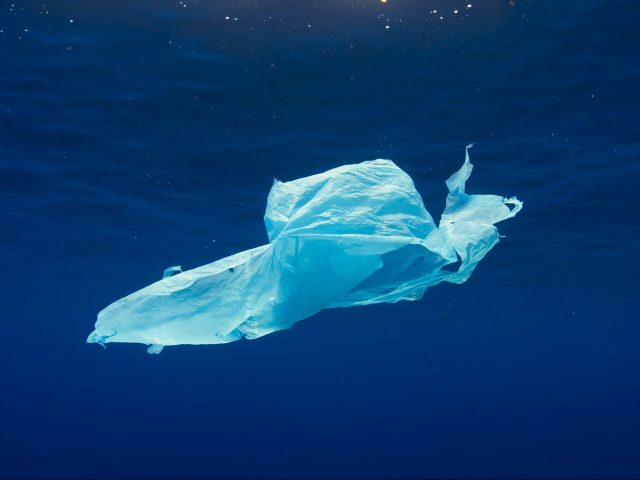
Coles will remove single-use plastic fresh produce bags in ACT supermarkets from September in a trial which will encourage customers to bring in reusable options for their fruit and veggies.
The single-use plastic fresh produce bags, also known as barrier bags, will be removed from all 12 stores across the ACT from 14 September.
During the trial, customers will be encouraged to bring reusable bags to help them complete their shop, or reusable mesh fresh produce bags will be available for customers to buy in store.
Coles chief operations and sustainability officer Matt Swindells said the initiative is expected to reduce about 11 tonnes of plastic each year.
“Under our Together to Zero waste ambition, we are always looking for ways to reduce reliance on unnecessary and problematic single-use plastics packaging and provide sustainable solutions to our customers,” he said.
“This will be the first time a major Australian supermarket will trial a completely reusable method of helping customers purchase their fresh fruit and veggies.
“We will be looking closely at how our ACT customers respond. These insights will inform our consideration for potentially rolling this out to our customers nationally.”
As such, from 31 August until 13 September, ACT customers who spend $5 in store on fruit and veggies will receive a free three-pack of reusable mesh fresh produce bags – made with 90 per cent recycled materials – in preparation for single-use plastic bags being removed from stores.
In a further effort to reduce plastic in stores, Coles also recently rolled out fresh produce bags made with 50 per cent recycled plastic across the country. The bags can be returned to REDcycle bins at any Coles supermarket to be recycled.
The plastic barrier bags will continue to be used in delis and in Coles Online orders, and paper bags will still be available in the fresh produce section for customers to pack their mushrooms.
The move comes as Coles recently released Marine Reuable Shopping Bags made with 80 per cent recycled plastic, including 20 per cent marine waste collected from coastlines, beaches and waterways.


